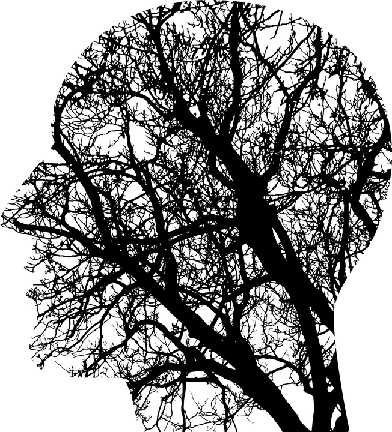At one time during Buddha’s life, he was asked whether things are separate or a unity. He replied that both views are extremes to be avoided. It is for this reason that some Buddhist masters refer to mind rather than saying a mind or the mind, both of which imply an archetypical object. That is a mind and the mind imply something structured and definable, which is separate from its environment.
These days popular media is awash with information about brains, their structure, and their function. For this reason, one may think of mind as being the mind an archetypical structure restricted to brains. One might also think of a mind restricted to a single brain. However, from a Buddhist perspective, consciousness is part of a totality. It is neither absent from the brain, nor is it restricted to the brain.
Knowing of this view, my eyes opened double wide when I came across a theory of consciousness in the same vein, the Phi Theory of Consciousness—also known as Integrated Information Theory. One result of this theory, if it is proven to be true, is that consciousness is not limited to the brain but is a property of all systems which integrate information. Another exciting aspect of this theory, originally authored by Giulio Tononi, is that it attempts to boil down the degree of consciousness to a single number: φ (pronounced Phi).

